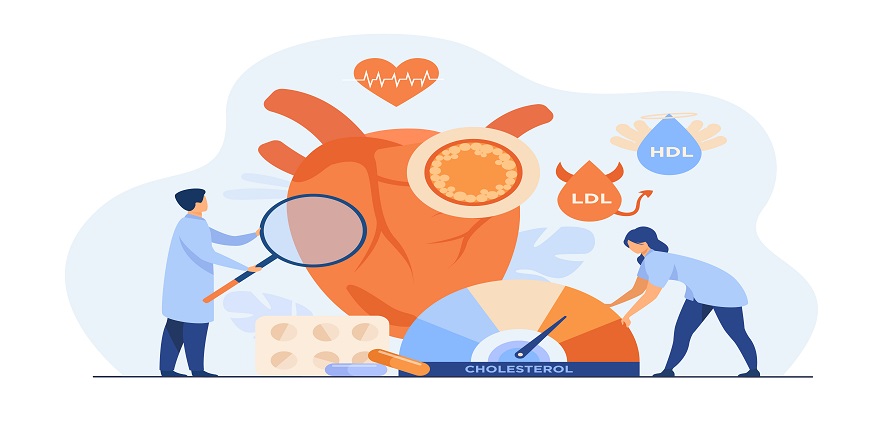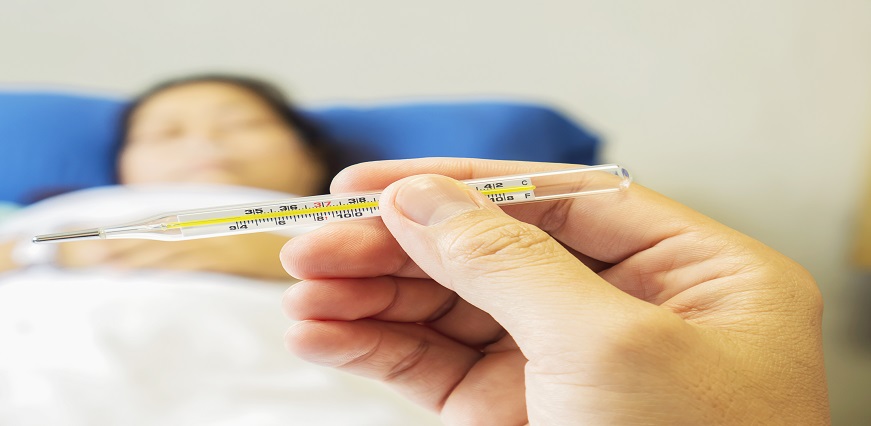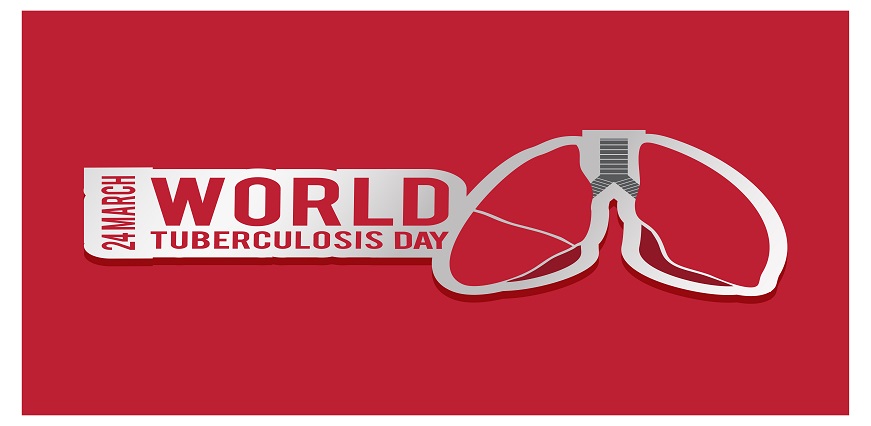





No lab centers are available in this city

Max Lab
Apr 01, 2022
Lipids are fat molecules that are used by the body as a source of energy. They circulate through the body and are stored in the tissues for the proper functioning of the body. Lipids are produced by the body and also come from food intake. Having too many lipids in the body can lead to a build-up in the arteries and blood vessels, increasing the chance of cardiovascular diseases and other life-threatening conditions. That is why a complete lipid profile test or lipid panel test is performed to measure the total undissolved fat molecules in the blood. A lipid profile test is important for people who have a family history of heart diseases or of high cholesterol level, drink alcohol frequently, are overweight, have diabetes or kidney diseases, have an inactive lifestyle, etc.
A lipid profile test is a collection of blood tests that are performed to check for risks related to coronary heart conditions. The lipid profile test measures cholesterol and triglycerides levels in the blood. Having too many lipids in the blood can lead to a build-up and blockage in the arteries and blood vessels. So, a complete lipid profile test is recommended by healthcare providers for both adults and children to help reduce the risk of cardiovascular diseases in the long run.
There are several factors that can lead to cholesterol abnormalities, Including diabetes, high blood pressure, or heart-related issues. A lipid profile test is performed to determine the cholesterol levels in the body as well as to evaluate the success of various treatments a person may be undergoing for these conditions. Lipid profile tests can also be performed to diagnose other issues like liver disease. Some doctors also recommend a complete lipid profile test as a routine check-up to monitor the levels of cholesterol and triglycerides among adults and children, irrespective of how healthy a lifestyle they maintain. The results from the lipid profile test are then used to check, monitor, or prevent various other medical conditions.
There are several reasons why a person might need a Lipid Profile Test. A lipid profile test offers details about four types of lipids in the blood, which are:
People who are undergoing treatment for cholesterol control need regular lipid profile tests done, based on their doctor’s recommendations to check for the effectiveness of the treatment. The test also helps in screening for early signs of cholesterol abnormalities so one may avail timely treatment.
Children and adults are both at risk of having high cholesterol. People with more risk factors for having high cholesterol or cardiac issues are generally prescribed lipid profile tests to help track their health. Some of the major risk factors include:
Family History of Premature Heart Diseases
People with a family history of premature heart diseases or cardiovascular diseases are highly likely to have abnormal cholesterol and triglycerides levels. When premature heart diseases run in the family, a person is more likely to develop cardiovascular diseases than others.
Unhealthy Eating Habits
Unhealthy eating habits that include excessive alcohol intake, smoking, eating too much junk food or processed meats, and not having a proper schedule for eating also increase the risk of having high cholesterol. It is always recommended to inculcate healthy eating habits and avoid fatty food.
Being Overweight
If a person is obese or overweight, there are high chances that they may have high levels of cholesterol, which can also lead to other health problems in the long run.
Medical History
People who already have a history of heart issues, hypertension, or heart surgery are also recommended to get regular lipid profile tests performed to track the condition of their health.
Max Lab charges just Rs. 950 for the lipid profile test.
To prepare for a lipid profile test, doctors generally recommend fasting for a minimum of 12-14 hours or overnight. As the levels of low-density lipoprotein and triglycerides depend largely on the type of food a person consumes, right before the test, high-fat food or alcohol consumption should be avoided. Before the blood sample is collected, a person should also avoid fluid intake like tea, coffee, or milk, except for water. In case a person is on medication for some condition, they should inform their doctor prior to the blood test so any changes in lipid levels brought on by the medication can be factored in while checking the test results. As in some cases, fasting is not required for a lipid profile test, it is important to get professional advice from the doctor about any preparation that must be made before the test.
The level of cholesterol in the blood is measured in mg/dl, which is milligram per deciliter. If the test results are higher than the normal range, then the person has increased risks of suffering from cardiovascular issues. And if the test results are slightly lower than the normal range, it is classified as borderline or intermediate cholesterol issues. For most people, the ideal range for the lipid profile test is:
A high lipid profile test result means that the person has high levels of total cholesterol, which increases the risk of heart diseases, stroke, etc. If the lipid profile test result is high, it is important to consult a doctor for any further testing that may be required and for beginning treatment. Lifestyle changes like adopting healthy eating habits and routine exercising can also help in maintaining a healthy lipid profile.
The lipid profile test is a fairly uncomplicated process, and at Max Lab, a lipid profile test report is usually generated within 24 hours after the sample collection.
Cholesterol and triglycerides play an important role in maintaining the overall health of the body. Some ways of maintaining healthy cholesterol levels in the body include a proper intake of monounsaturated and polyunsaturated fats, avoiding trans-fats, exercising daily, maintaining healthy body weight, avoiding smoking and alcohol consumption, and leading a healthy lifestyle. In case of a cholesterol abnormality, a person must consult with a healthcare professional for getting a screening performed and begin treatment if required.












Sign up takes less than 60 secs and gives you access to your offers, orders and lab tests.
Looks like you are not registered with us. Please Sign up to proceed
OTP will be sent to this number by SMS
We have successfully received your details. One of the agents will call you back soon.
 To reach our help desk call 9213188888
To reach our help desk call 9213188888
No Lab Centers are available in this city
Looks like you are not registered with us. Please Sign up to proceed
OTP will be sent to this number by SMS
Not Registered Yet? Signup now.Looks like you are not registered with us. Please Sign up to proceed





 7982100200
7982100200.png)
Comments